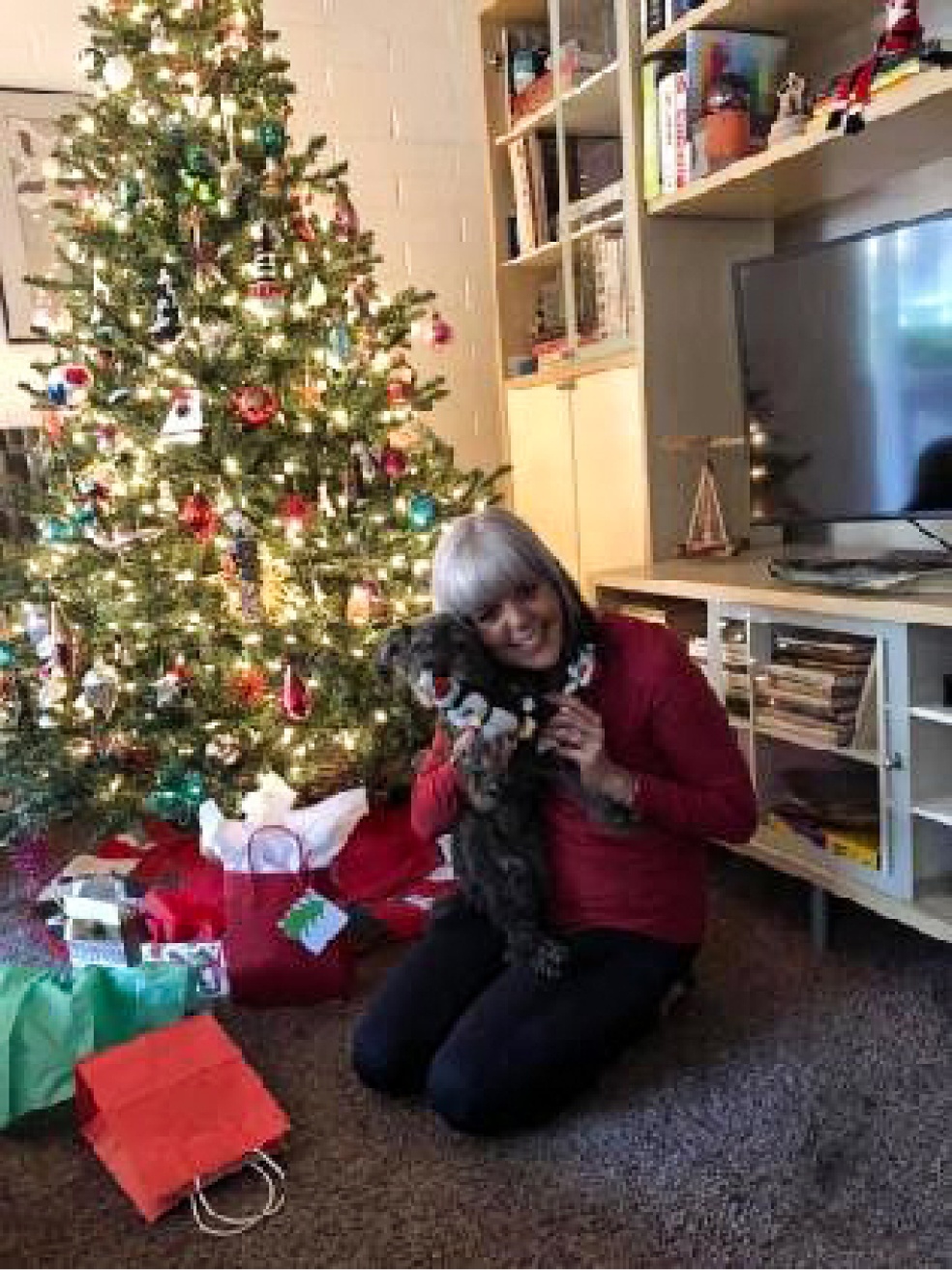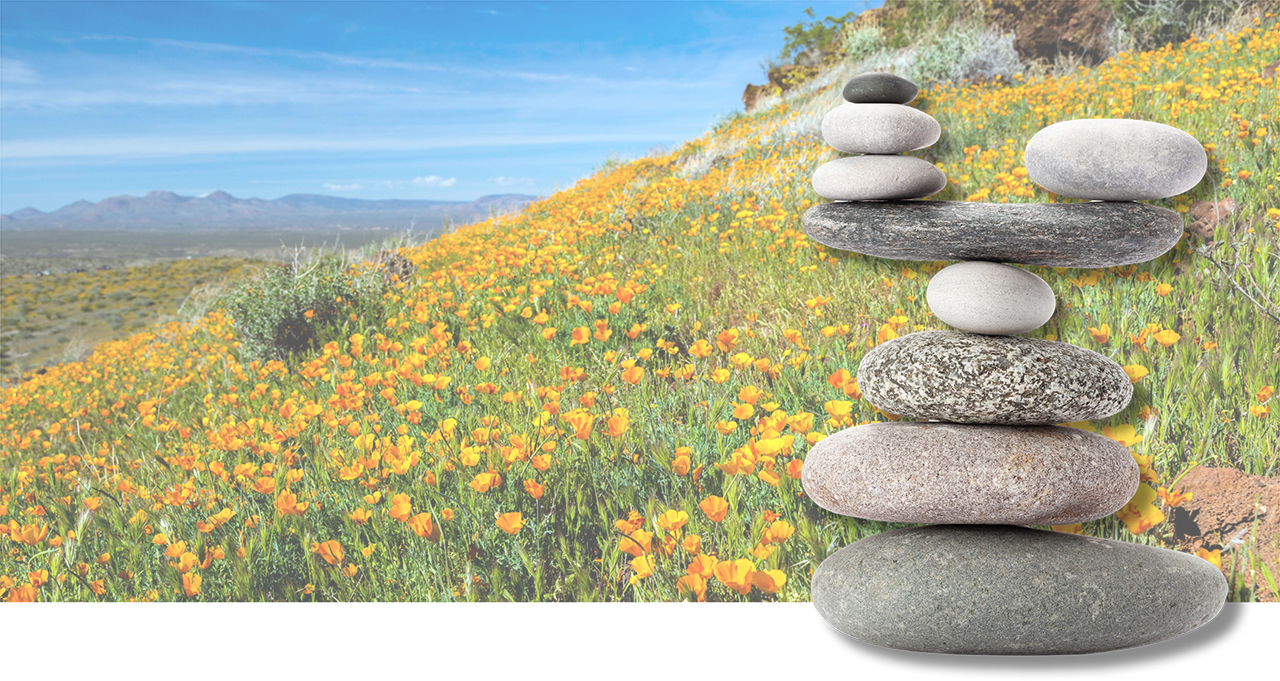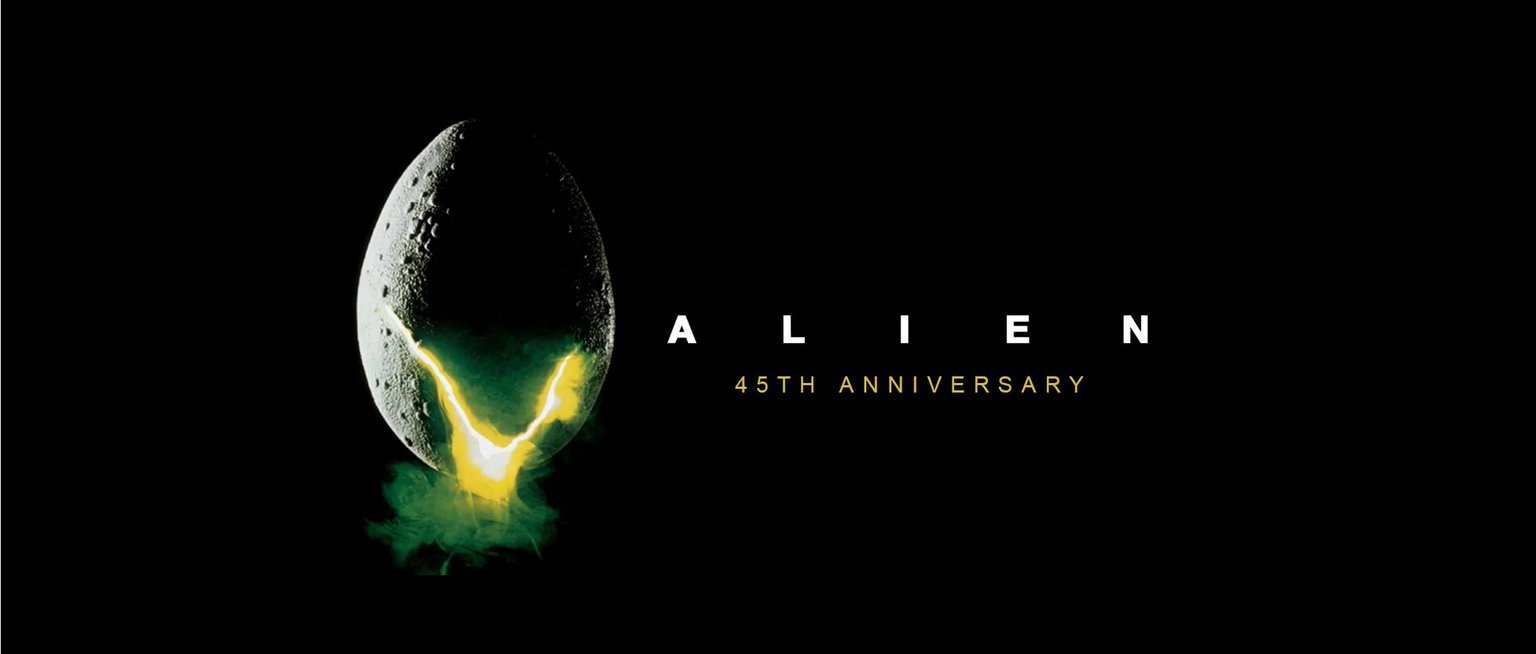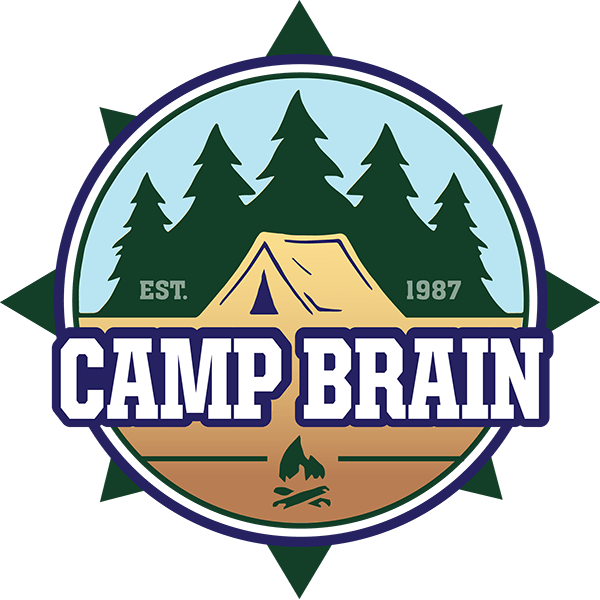Holiday Survival for Life After Brain Injury
Laura and her dog, Sophie.
“Putting up decorations can be so exhausting and stressful,” she warns. “I’ve learned to make things easier on myself. Instead of hauling out all 10 boxes, I bring out one that has items with special meaning. My mantra for everything around the holidays: Keep it simple.”
Holiday Survival for Life After Brain Injury
There’s a holiday commercial on television where a woman gets out of her car and opens the door to her home. Immediately, she is swamped by a cacophony of sound, lights, and activity, including her kids running around with toys. The camera is tilted off center and the volume is turned up to enhance the feeling of inundation. A glaze forms over her eyes as she backs out of her home and returns to the peace and silence of her womb-like car.
Welcome to the world of the brain injury survivor during this bizarre COVID-laced holiday season.
Laura and her dog, Sophie.
“Putting up decorations can be so exhausting and stressful,” she warns. “I’ve learned to make things easier on myself. Instead of hauling out all 10 boxes, I bring out one that has items with special meaning. My mantra for everything around the holidays: Keep it simple.”
Each year at this time, many survivors are easily overwhelmed by non-stop pressure from social obligations to family get-togethers to endless shopping. Add a pandemic to the equation and dealing with the loss of many of these annual rituals creates an entirely new set of dilemmas.
“In every other year, there are enough things to overwhelm me,” says Laura Johnson, who survived a brain injury 13 years ago. “In addition to the wall of sounds and lights, plus going to events, even the simple task of buying a gift can send me over the edge.
“It seems as though there’s always one more thing to do. It gets so bad, that there are times that I drove to a holiday party, sat in the car for a while then went home, because it’s too much for me.”
She says it goes beyond just being stressed out, although that’s a big part of it. “I literally have a meltdown. Everything’s go-go all the time; add to that I’m a perfectionist, so once Christmas hits and everything stops, I can easily go into a depression.”
It’s even worse when a pandemic creates new concerns: a shortage of money to buy gifts (due to unemployment or underemployment), limited in-store shopping (due to health concerns), and not being able to get together with friends and family.
Laura, who also oversees the Unmasking Project for the Brain Injury Alliance of Arizona (BIAAZ), says many people are experiencing more than just an inconvenience and discomfort – 2020’s added isolation has led to an increase of widespread depression. In the span of one recent week, three brain injury survivors expressed suicidal ideation.
“They’re alone and isolated, further separated from their families. Also, they feel like they can’t celebrate like they used to. It all contributes to a seemingly unstoppable downward spiral.”
Laura suggests brain injury survivors avoid the downward spiral by having some sort of cheer in their homes, whether it’s a small tree or other traditional item that brings a smile to their faces.
“Putting up decorations can be so exhausting and stressful,” she warns. “I’ve learned to make things easier on myself. Instead of hauling out all 10 boxes, I bring out one that has items with special meaning. My mantra for everything around the holidays: Keep it simple.”
Connections with other people is also key. “Make your favorite recipe and give it to a friend or neighbor. See what you can do to bring joy to others.
“Plus, don’t hesitate to rely on your support system. Reach out to friends and family, therapists, members of your medical team, and support groups led by professionals, like BIAAZ’s She Shed for women and Brain Cave for men. It really helps talking with others going through the same thing you are.”
Laura says it’s important to maintain a sense of normalcy during these abnormal times and recognize the critical importance of self-care. “For me, someone who’s used to taking on everything, then scrambling to get things done, I’ve learned to say ‘no.’ I used to feel guilty, but once I got past that, life got a little easier.”
Back to the woman in the commercial. Even though it looks as though she’s avoiding her family by hiding out in her car, it turns out taking those moments to stop and breathe can make the difference between surviving the holidays and just counting down the days to 2021.
For more information on the Brain Injury Alliance of Arizona’s free support groups, women can reach out directly to Janice Podzimek janice@biaaz.com (She Shed); men can contact Will Grove outreach@biaaz.org (Brain Cave).
ABOUT BRAIN INJURY ALLIANCE OF ARIZONA
The Brain Injury Alliance of Arizona (BIAAZ) is the only statewide nonprofit organization dedicated to improving the lives of adults and children with all types of brain injuries through prevention, advocacy, awareness and education. BIAAZ also houses the Arizona Brain Health Resource Center, a collection of educational information and neuro-specific resources for brain injury survivors, caregivers, family members and professionals.
What began in 1983 as a grassroots effort has grown into a strong statewide presence, providing valuable life-long resources and community support for individuals with all types of brain trauma at no charge.
The Brain Injury Alliance of Arizona:
- Works with Congressional Brain Injury Task Force
- Houses Arizona Brain Health Resource Center
- Hosts Statewide Opioid Use Disorder & Cognitive Impairment Workgroup
- Has Statewide Opioid Use Disorder & Cognitive Impairment Response team with peer support, training, and family wraparound services
- Facilitates Brain Health Advisory Council
- Manages statewide Neuro Info-Line: 888-500-9165







